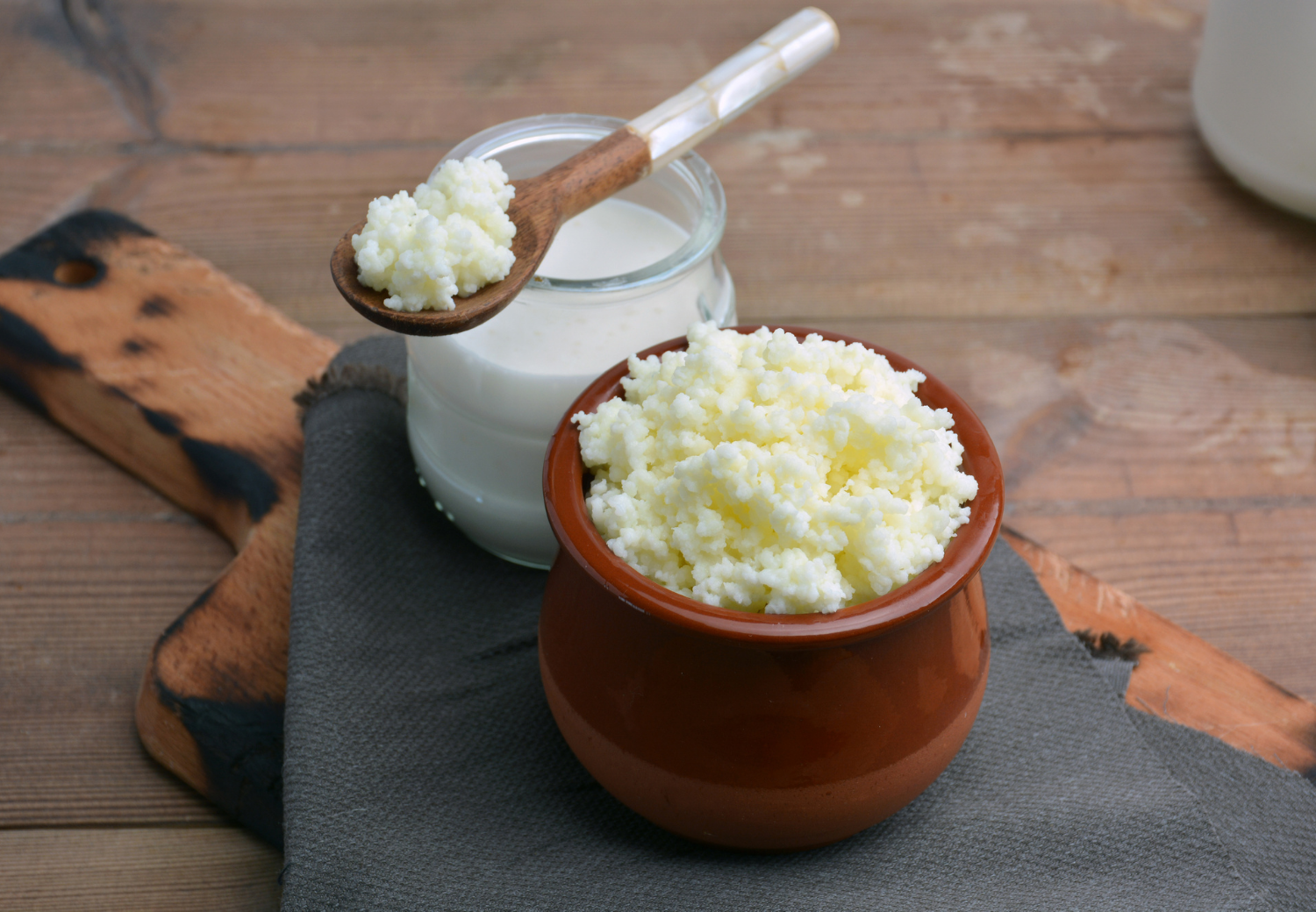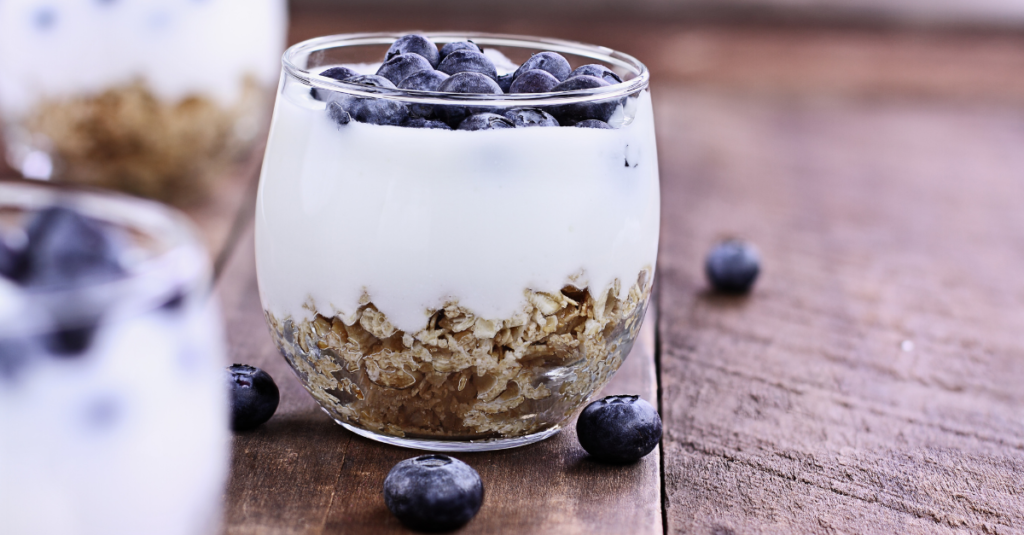
Kefir is a slightly fermented and effervescent beverage similar to a yogurt smoothie, containing active cultures, vitamins, and minerals. Although it has been consumed for thousands of years, it was not until the late 19th century that kefir was recognized as an important beverage in many countries, including Russia, Turkey, and much of Europe. Traditionally, it’s made with whole cow’s milk, but many people now make it at home using raw goat or sheep’s milk. Kefir originated in the mountains of Central Asia, where it has been consumed for at least 3000 years. The process of making Kefir is virtually unchanged from the time of its origin.
Kefir is fermented using starter culture grains made up of aggregations of Lactobacillus kefiranofaciens and Saccharomyces turicensis. When the grains are dried, they typically look like small pieces of white or yellowish-brown cauliflower. The grains are added to milk, and the mixture is then left at room temperature for 24 to 48 hours. Once the milk has fermented, the grains are strained out for future use, and the resulting kefir can be stored in the refrigerator. This process produces a slightly creamy, tart, and tangy beverage.

In addition to the taste, some of the many benefits of kefir include:
1. It’s a Good source of Protein, Vitamins, and Minerals
Kefir is very rich in vitamins and minerals. It contains calcium, magnesium, phosphorus, potassium, sodium, and iron. Kefir is also a good source of vitamin B12 and riboflavin (vitamin B2). Vitamin B12 is crucial for the formation of red blood cells. It is essential for the proper development of nerves as well as DNA synthesis. In addition to vitamins, kefir contains amino acids, which are important components of proteins. Whey protein is one of the main components of kefir.
2. It’s Antibacterial
Kefir has been found to be effective at inhibiting bacteria such as staphylococcus aureus and streptococcus mutans. In addition, kefir has also been found to have antibacterial properties against Helicobacter pylori (H. pylori), an organism that is associated with peptic ulcer disease.
3. It may Improve Bone Health
Studies show that kefir may protect against bone loss (osteoporosis). It can also improve bone density in osteoporosis patients. Kefir’s high calcium, magnesium, and vitamin D concentrations are the main factors contributing to its ability to fight bone loss.
4. It’s Low in Lactose
Kefir is a fermented milk product containing less lactose than other milk products such as cheese, milk, or yogurt. While kefir isn’t entirely lactose-free, it may be beneficial to those who are lactose intolerant.
While no single food can address all of your nutritional needs, Kefir is a great option if you want to enjoy a healthy drink rich in protein, vitamins, and minerals. Kefir’s tangy taste pairs well with bananas, blueberries, cherries, and peaches. If you haven’t tried kefir, there is no better time to add it to your diet.

